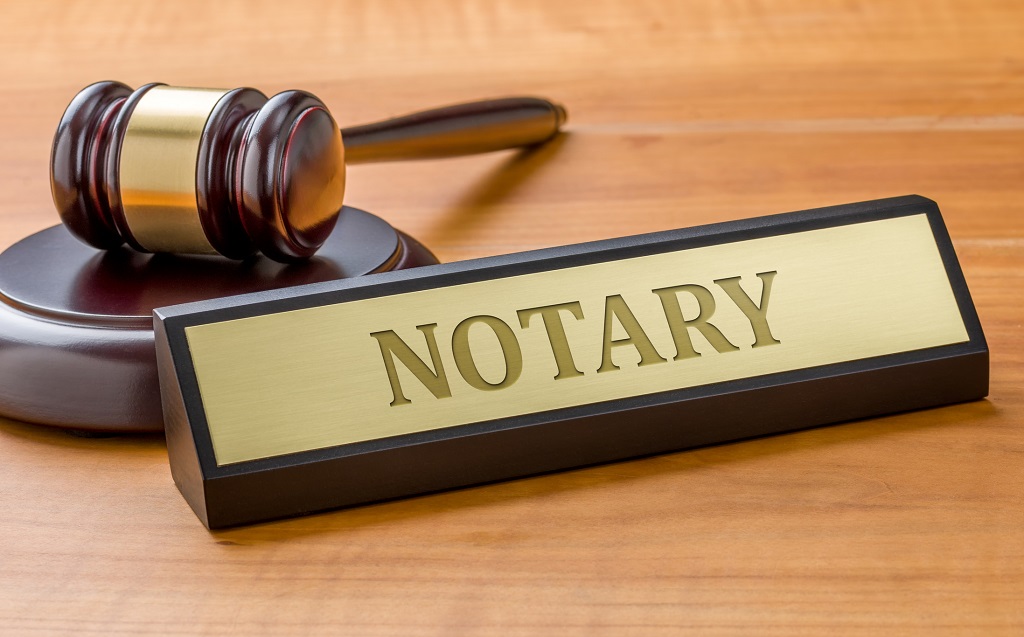
Legal Attestation and Notary Services

What is Legal Attestation?
Navigating the complex legal requirements of immigration processes often involves extensive documentation, authentication, and notarization. We understand the importance of ensuring that your immigration documents meet the necessary legal standards and are recognized by the relevant authorities. Our comprehensive legal attestation and notary services are designed to streamline your immigration journey, providing you with peace of mind and confidence as you pursue your immigration goals.
Legal attestation is the process of certifying the authenticity of documents by an authorized entity. This certification adds credibility to your documents and confirms that they meet the legal requirements of the destination country. Whether you're applying for a visa, residency, or citizenship, legal attestation is often a mandatory step in the immigration process.
To see if your document needs authentication, check the section below
Sometimes, you need to get a Canadian document authenticated or obtain an apostille before using it abroad. Authentication or an apostille verifies that a public official's signature on the document is genuine. If the document is for a country not in the Apostille Convention, you may need it legalized by that country's authorities (like their embassy or consulate in Canada). If the document is for a country in the Apostille Convention, an apostille should be enough.
Canada now follows the Apostille Convention, making the process simpler by removing the need for legalization for member countries. Canadian authorities issue an apostille certificate, called an "allonge," which is attached to the authenticated document.
Check if your documents need to be authenticated
Not all countries require Canadian documents to be authenticated or legalized for use in their territory. The same goes for needing a statement in lieu of a certificate of non-impediment for marriage if you plan to marry abroad. First, confirm the requirements by contacting the authority asking for your document or the embassy, high commission, or consulate of the country where it will be used:
- Foreign embassies and high commissions in Canada
- Foreign consulates in Canada
Search for the document you need to have authenticated to find out what you need to provide. If your document type is not on the list, it generally needs to be notarized to be eligible for authentication by our office. Due to the high volume of inquiries, we cannot pre-assess your specific document to determine if it qualifies for authentication. If we cannot authenticate your document, we will include an explanation when we return your documents.
How is my document notarized?
What can my notary do?
A Canadian notary signs and seals your document. The notary can also create a separate certificate, sign it, and attach it to your document.
When notarizing your document, the notary must:
- Have a valid certificate of appointment.
- Handwrite their signature in ink.
- Apply a stamp or seal showing their full name as it appears on their certificate of appointment and the Canadian province or territory where they are appointed.
- Indicate the act they performed (e.g., certifying a true copy).
- Indicate the date they notarized the document.
- Indicate the date their appointment as a notary expires (if applicable).
When signing your document, the notary can:
- Witness a signature
- Receive a declaration or affidavit
- Certify that a document is a true copy of the original
Translated documents
A Canadian notary who speaks both languages may also certify a translation as accurate. If so, the notary must indicate on the document that:
- They attest to speaking both languages
- They certify the accuracy of the translation
